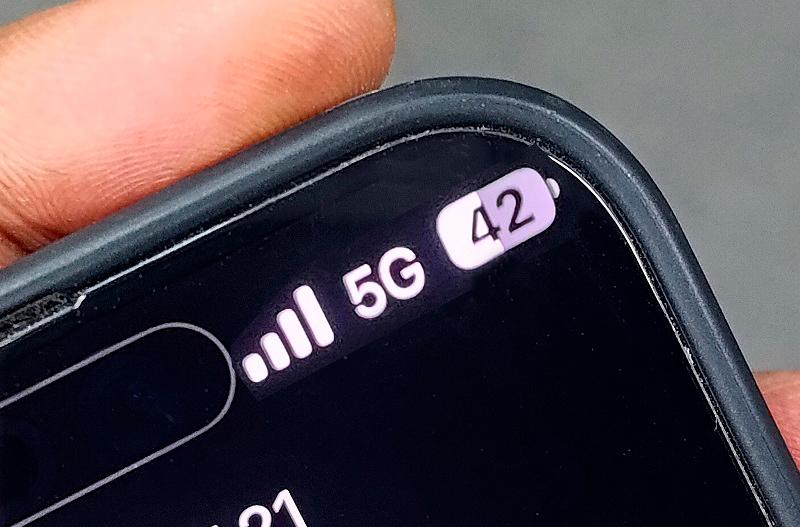PETALING JAYA: As the government prepares to raise the Mandatory Standards on Quality of Service (MSQoS) for internet speeds to 10Mbps next year, the Malaysian Communications and Multimedia Commission (MCMC) has been urged to adopt a more transparent, data-driven approach to monitoring internet quality.
Sunway University wireless communication specialist Prof Dr Rosdiadee Nordin warned that the current benchmark is far from adequate in an era of rapid digital expansion.
He noted that with the internet now regarded as the “fourth utility” – an essential service all Malaysians depend on – it is time for the MCMC to adopt a data-driven strategy to thoroughly investigate and validate public complaints.
“With data analytics and machine learning now integral to our daily lives, we have entered an era of data-driven decision-making rather than process-driven decision-making.
“Another consideration is to move towards an open platform for monitoring that encourages transparency, especially directly from the subscribers or the public,” he added.
According to MCMC, by November 2024 it had audited 4,172 locations (3,988 for 4G and 184 for 5G) based on complaints and received data, identifying 551 instances of non-compliance across 275 4G sites and 19 5G sites nationwide.
Rosdiadee explained that while the current minimum requirement of 7.5Mbps may suffice for basic smartphone app usage, it often results in a diminished user experience.
“Our drive test in Sunway City found that one major telco failed to meet the minimum speed for file downloads, while two others only slightly passed.
“In terms of mobile video streaming, over half of the collected data shows that cellular network subscribers can only achieve an average speed of 3Mbps, just enough for basic HD quality streaming on YouTube at 720p video resolution.
“Imagine the findings if we conducted a similar data collection in suburban and rural areas, which could potentially reveal even lower data rates.”
As Malaysia moves towards a digital economy, Rosdiadee highlighted that the current MSQoS sets a minimum 5G download speed of 100Mbps.
However, with many countries already achieving over 200Mbps, which he believes is now the global standard, he urged the telco industry to rethink how it designs and deploys new 5G towers to help Malaysia leapfrog beyond 10Mbps, which is still viewed as a “safe target”.
“The telco equipment and network configurations should be optimised to ensure we can at least keep pace in coverage and data rates with our neighbours in Singapore and Thailand.
“Malaysia is still using the 5G non-standalone network based on 3GPP Release 15, which, although outdated, can deliver speeds above 10Mbps. However, the country has yet to fully adopt the more advanced 5G-Advanced technology (Release 18), which serves as a bridge between current 5G and the future 6G network.”
He warned that if certain communities continue to be left behind in digital connectivity, the country risks deepening the digital divide, leading to knowledge gaps, limited job opportunities and worsening income inequality.
Future generations from these underserved areas could face educational setbacks, despite the increasing availability of digital learning resources.
“This is reflected in our research in two locations, including the urban poor community in Desa Mentari, where economic hardship limits internet literacy and exposes vulnerable groups to online threats, and the remote indigenous settlement in Tasik Chini, Pahang – both highlighting serious digital exclusion.”
Rosdiadee also urged telecommunications companies to regularly update the MCMC with reports on coverage and data rates, and to plan ahead to manage traffic and anticipate subscriber growth before congestion occurs.
On April 13, Communications Minister Datuk Fahmi Fadzil revealed that based on a drive test conducted by MCMC on March 5, many areas still fail to meet the MSQoS, which currently requires a minimum speed of 7.5Mbps – set to increase to 10Mbps next year.
MCMC has reportedly directed all telcos in the country to proactively resolve internet access issues on a monthly, state-by-state basis, rather than waiting for customers to lodge complaints before taking action.









